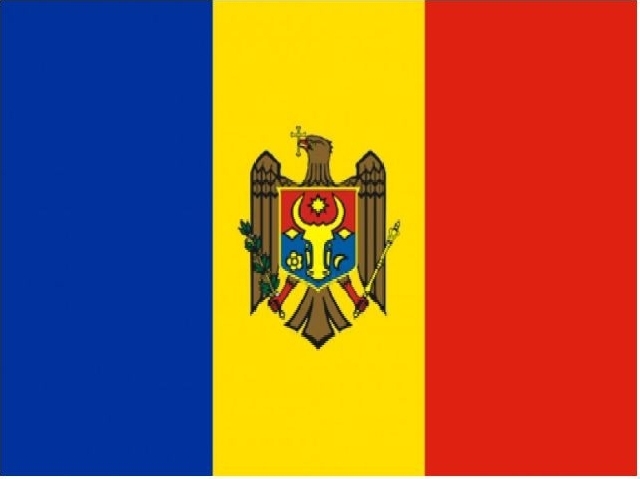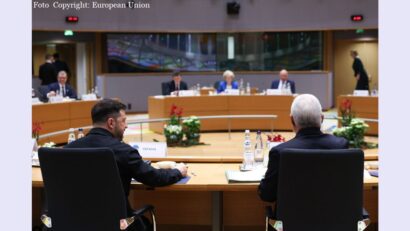Frozen Conflicts in the Republic of Moldova
The separatists in Transnistria, in the east, and Gagauzia, in the south of the Republic of Moldova, as well as the communist Moldovan opposition and the Russian embassy in Chisinau are trying to prevent Moldovas coming closer to

Bogdan Matei, 16.01.2014, 12:15
Less than three months after the government in Chisinau signed the Association and Free Trade Agreements with the European Union at the EU summit in Vilnius, it is now faced with simultaneous pressure meant to thwart its pro-European efforts.
In Gagauzia, the local authorities are holding a referendum on the 2nd of February with a two-fold purpose: Chisinau’s joining the Russia-Belarus-Kazakhstan customs union, an alternative to the European Union, and the breakaway of Gagauzia, with its majority Turkish speaking population of Christian Orthodox faith, from the Republic of Moldova if the latter becomes united with Romania.
“This illegal referendum does not reflect the concerns of ordinary citizens and may create tension in the republic”, Moldova’s prime minister Iurie Leanca has warned. The referendum, which violates both the country’s constitution and other laws, was in fact suspended by the court, while the General Prosecutor’s Office in Chisinau has started a criminal investigation against the organisers of the referendum.
This has not prevented the spearhead of the pro-Russian opposition in Chisinau, the Communists’ Party, from instigating people to break the law. The communists are calling on the Gagauz people to take part in the referendum and say “yes” to its proposals. Also, the Russian ambassador to Chisinau has said that Gagauzia will enjoy special attention from Moscow. At the same time, the separatist leaders in the east of the republic have announced that Russian legislation will be applied in the pro-Russian break-away region of Transnistria, in order to facilitate its integration into the Russian Federation.
Transnistria de facto broke away with Moldova in 1992 following a brief armed conflict that caused the death of hundreds of people and came to an end with the intervention of the Russian troops siding with the separatists. At the same time, Gagauzia, which also enjoyed Moscow’s protection, was granted wide autonomy by Chisinau, without having to resort to armed rebellion. Almost a quarter of a century later, no solution is in sight to these frozen conflicts.
The various scenarios proposed by the OSCE and the talks between Chisinau and the separatists mediated by Russia, Ukraine, the European Union and the US, have been unsuccessful. According to commentators, the two breakaway republics are Moscow’s secret weapons.
Their strategic usefulness was proven both in the 1990s, when they rendered Chisinau’s recently proclaimed independence ineffective, and today, when they are an obstacle to Moldova’s separation from its Soviet past and its embracing a European future.






























